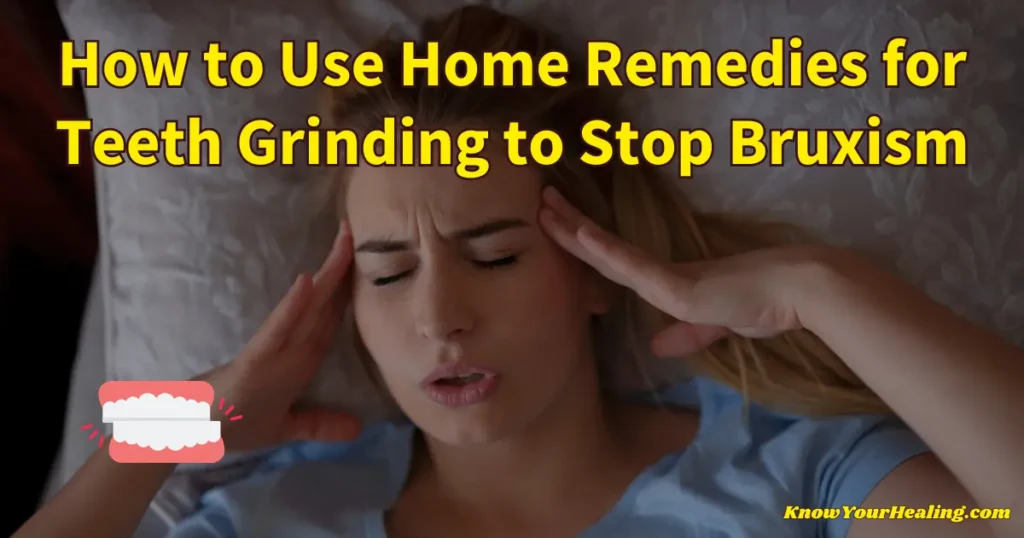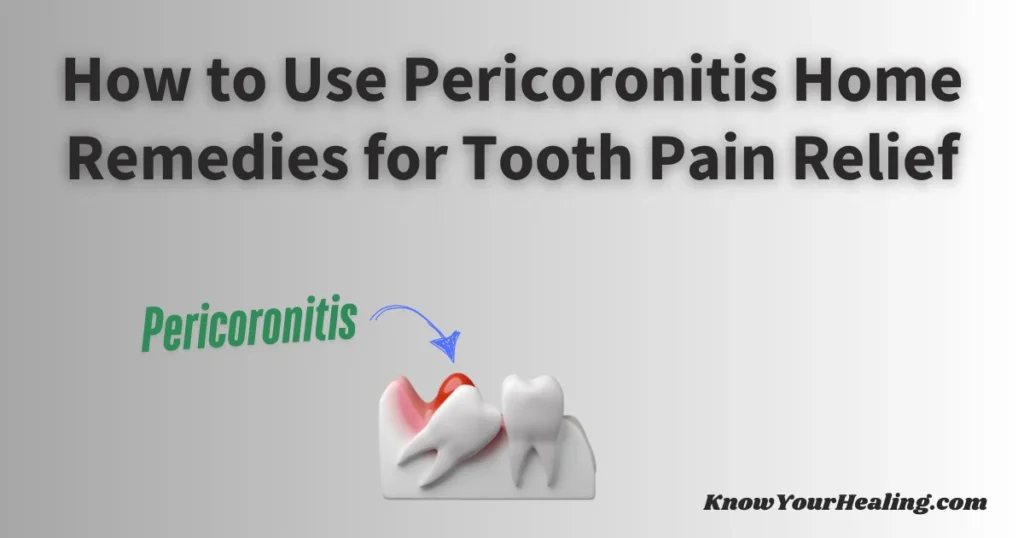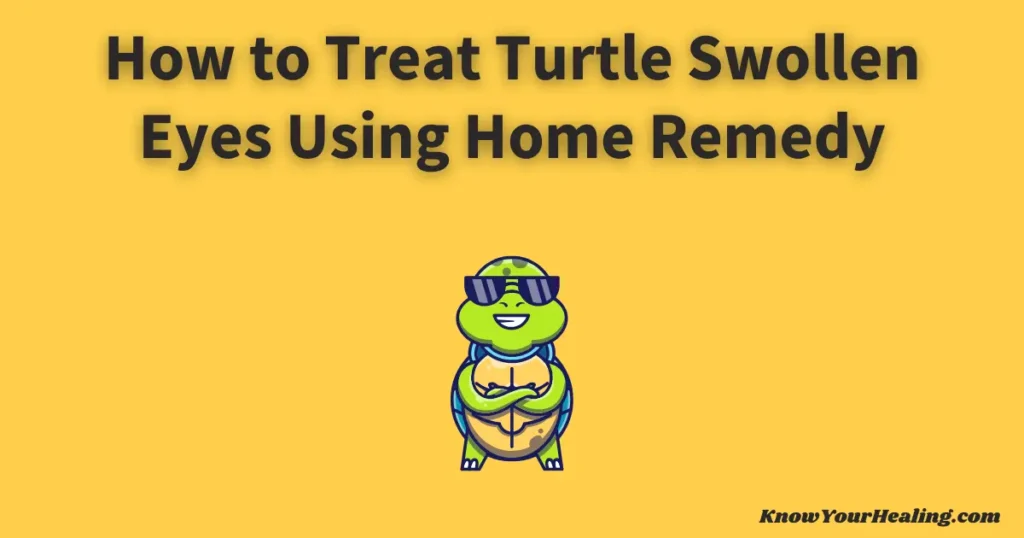Home remedies for teeth grinding are gaining popularity as people seek simple ways to manage bruxism at home.
By learning practical tips, such as using warm compresses, managing stress, and incorporating magnesium-rich foods into your diet, you can start reducing symptoms right away.
With the right approach, you can make real progress toward protecting your teeth and reducing pain.
Many people find that easy steps, such as jaw exercises and relaxing herbal teas, help with bruxism.
This article covers the best home remedies for teeth grinding, letting you take control and find relief without extra hassle.
Understanding Bruxism and Common Causes of Teeth Grinding
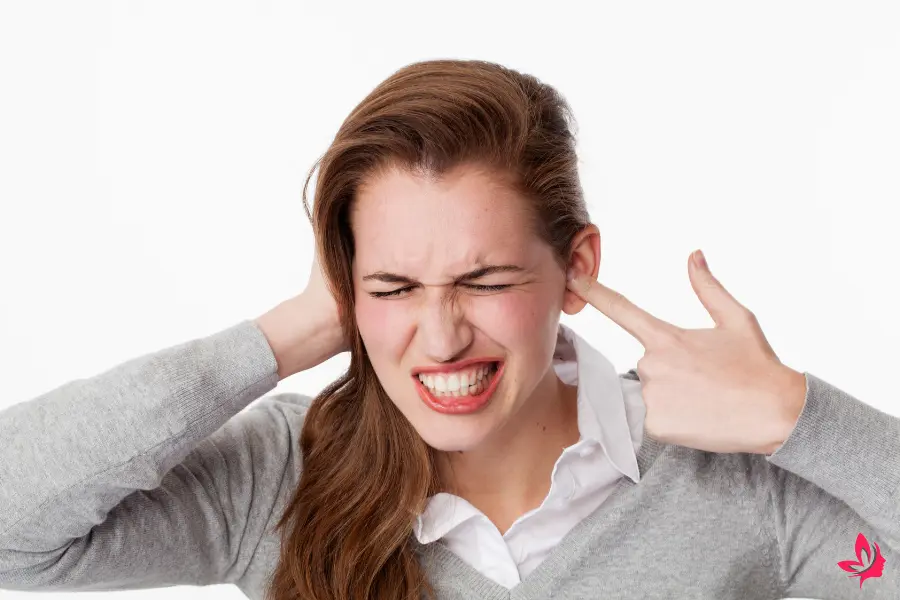
Teeth grinding, known as bruxism, can cause pain, tooth damage, or even jaw problems.
Stress, sleep disorders, and jaw muscle issues are some main reasons people clench or grind their teeth.
What Is Sleep Bruxism and How Does It Affect Your Lower Teeth
Sleep bruxism refers to a person grinding or clenching their teeth at night.
This condition places extra pressure on the lower jaw and teeth while a person is sleeping.
Over time, constant grinding can wear down the enamel on the lower teeth, causing them to become sensitive or chipped.
People often do not notice sleep bruxism until a dentist spots tooth damage or they wake up with jaw pain.
During these episodes, people can press their teeth together with forces of hundreds of pounds.
Mouthguards or bite guards can protect the enamel if grinding occurs during sleep.
Nightly clenching can also cause tight jaw muscles and headaches in the morning.
Home remedies, such as jaw exercises, deep breathing, and using heating pads, may help improve comfort and relax the muscles.
Common Causes of Teeth Grinding: Stress, Medical Conditions, and More
There are several common causes of teeth grinding.
Emotional stress or anxiety is one of the most frequent reasons people develop bruxism.
When someone is worried or tense, they may clench their jaw without realizing it during the day or at night.
Certain medical conditions, like Parkinson’s disease or obstructive sleep apnea, are also linked to teeth grinding.
Sleep problems and changes in daily routines can make bruxism worse.
Lifestyle habits matter, too.
For example, drinking lots of caffeinated coffee or alcohol can increase the risk.
Other factors include taking some medications or having dental misalignment.
Treatment may start with identifying and reducing these triggers.
Relaxation techniques or dietary changes, such as eating magnesium-rich foods or drinking herbal tea, can help, according to NHS advice.
How Jaw Muscles and Temporomandibular Joint Contribute to Jaw Pain
The jaw muscles and temporomandibular joint (TMJ) play a big role in bruxism and jaw pain.
These parts control how the jaw moves up, down, and side to side.
Repetitive grinding or clenching strains both the muscles and the TMJ.
This strain can lead to soreness, trouble opening the mouth, or clicking and popping sounds.
In severe cases, chronic grinding may damage the joint or surrounding tissue.
Home remedies, such as gentle jaw exercises, a heating pad, or massage, can help relax the facial muscles and improve blood circulation.
Some people may need dental treatments or Botox injections if pain or dysfunction continues.
The Role of Mental Health and Sleep Problems in Bruxism
Mental health problems like anxiety or high stress levels are strongly linked with teeth grinding.
People often grind their teeth more when they struggle to manage stress.
Poor sleep quality or sleep problems, such as insomnia, can also make bruxism worse.
Practicing relaxation techniques, such as meditation, deep breathing, or gentle stretching, before bedtime can be beneficial.
Making lifestyle changes, such as having a regular bedtime and limiting screen time before sleep, may help support better sleep quality.
Home remedies focusing on both mind and body are a good first step.
Drinking calming herbal tea, avoiding hard foods, and adding stress-relieving activities to the daily routine can help manage this dental issue.
When to See a Healthcare Provider: Dental Exam and Diagnosis
See a healthcare provider if teeth grinding causes jaw pain, headaches, or chipped teeth, and if home remedies do not provide relief.
A dental exam is the best way to diagnose bruxism and identify the underlying cause of the symptoms.
A dentist may suggest a mouthguard, splint therapy, or a muscle relaxant if self-care measures are not effective.
In some severe cases, additional medical treatments may be necessary to prevent permanent damage to the lower jaw and teeth.
Regular checkups help track tooth health and guide treatment options for grinding problems.
Effective Home Remedies for Teeth Grinding to Relieve Muscle Tension

Home remedies for teeth grinding can ease jaw pain, relax facial muscles, and prevent tooth damage.
Simple changes in food choices, sleep routines, and daily habits can help people find relief from muscle tension and reduce the effects of sleep bruxism.
Using Herbal Tea and Magnesium-Rich Foods to Relax Jaw Muscles
Drinking herbal tea, such as chamomile or lavender, before bed can help calm nerves and relax jaw muscles.
Many people with sleep problems find a warm cup of tea helpful for winding down and falling asleep faster.
Magnesium-rich foods, such as spinach, almonds, and bananas, support muscle function and help lower the risk of overnight clenching.
Adding more magnesium to the diet may help with muscle relaxation and can be a simple first step to reduce jaw tension.
Herbal teas help relax the body and can become a relaxing nightly ritual.
Some research suggests that a consistent bedtime routine, combined with calming teas and a balanced diet, can improve sleep quality and reduce teeth grinding at night.
Jaw Exercises and Mouth Exercises to Reduce Muscle Tension
Jaw exercises target facial muscles, helping them relax and reduce pain.
Simple movements, such as slowly opening and closing the mouth or gently moving the lower jaw side to side, stretch and loosen tight areas.
Mouth exercises can also strengthen supporting muscles and help retrain the jaw to rest in the proper position.
Sample Jaw Exercises:
| Exercise | Steps |
|---|---|
| Slow Open/Close | Open mouth wide, hold 5 seconds, relax, repeat 10 times |
| Side-to-Side Move | Move the lower jaw left and right, hold 5 seconds, repeat 10 times |
| Resistance Press | Press hand under chin, try to open jaw, hold, release |
Spending just five minutes a day on jaw and mouth exercises can bring noticeable relief from tension and jaw pain.
How Deep Breathing and Relaxation Techniques Improve Sleep Quality
Deep breathing and relaxation techniques can ease the strain on the jaw and facial muscles.
Stress and anxiety are common causes of teeth grinding; therefore, relaxation exercises are crucial for effective treatment.
Slow, controlled breathing lowers heart rate, calms nerves, and helps the lower jaw relax.
Progressive muscle relaxation and guided meditation before bedtime may help reduce the frequency and intensity of teeth grinding.
People with mental health issues or sleep problems can also benefit from practicing these techniques regularly.
Deep breathing, when combined with other home remedies, offers a non-invasive way to support better sleep quality.
Applying a Heating Pad and Lifestyle Changes for Daily Relief
Applying a heating pad to the jaw for 10–15 minutes increases blood circulation and helps tight muscles relax.
This simple routine can bring quick relief from muscle pain and stiffness.
Using moist heat works even better, as it penetrates deeper into the tissue of the temporomandibular joint and surrounding facial muscles.
Lifestyle changes, such as maintaining regular sleep and wake times or limiting screen time near bedtime, can also help reduce sleep bruxism.
Making daily routines more relaxing and less stressful can help reduce jaw pain without the need for medication or dental treatments.
If symptoms persist, a dental examination or advice from a healthcare provider may be necessary.
Avoiding Hard Foods and Caffeinated Coffee to Prevent Jaw Stress
Cutting back on hard foods, such as nuts, hard candy, and raw vegetables, helps protect the lower teeth and jaw.
Chewing tough items puts extra force on the jaw muscles, increasing the risk of muscle tension and pain.
Soft foods are gentler on the temporomandibular joint, making it easier for the jaw to heal.
Avoid caffeinated coffee and energy drinks, as caffeine can exacerbate grinding and sleep disturbances.
Less caffeine means less nerve stimulation, which often results in improved sleep quality and fewer episodes of teeth grinding at night.
Treatment Options Beyond Home Remedies for Severe Bruxism Cases
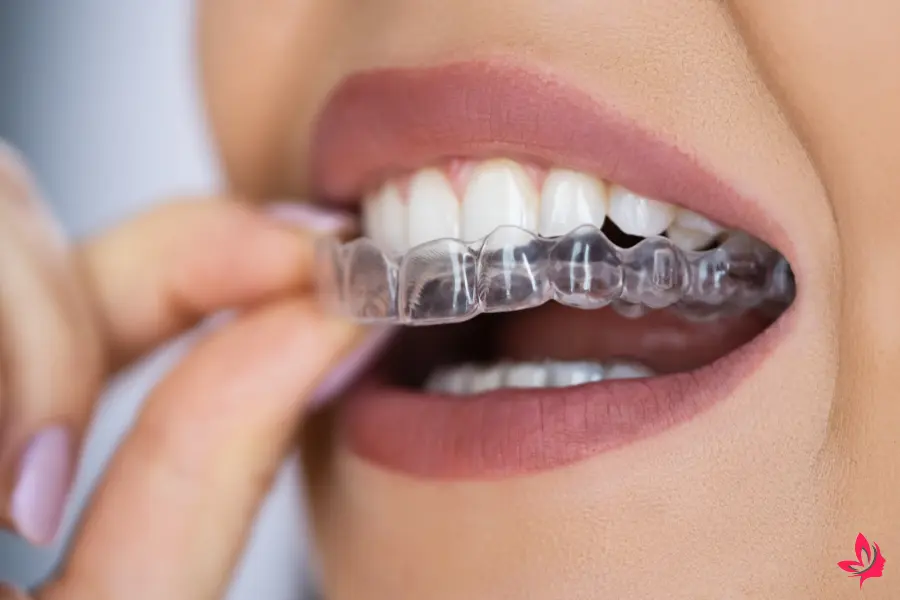
When home remedies like herbal tea, jaw exercises, or avoiding hard foods are not enough, professional treatment becomes necessary.
Severe cases often require medical intervention to prevent jaw pain, tooth damage, or temporomandibular joint disorders.
Mouth Guards, Bite Guards, and Splint Therapy to Protect the Lower Jaw
Mouth guards, bite guards, and splint therapy are common treatment options for sleep bruxism.
People wear these devices at night to keep the upper and lower teeth from touching, which protects them from wear and breakage.
A dental exam is usually the first step before getting a custom device.
Dentists often recommend splint therapy, as it can help minimize muscle tension and prevent jaw pain.
Over-the-counter mouth guards are available, but custom versions offer a better fit and more protection for the lower jaw and teeth.
People should wear the device as directed, clean it regularly, and go for follow-up visits.
Regular use can reduce tooth damage caused by severe grinding and improve sleep quality.
Botox Injections and Muscle Relaxant Medications for Severe Cases
If lifestyle changes do not control bruxism, healthcare providers may suggest Botox injections or muscle relaxant medications.
Botox injections weaken the jaw muscles just enough to reduce grinding, while still allowing normal use.
Muscle relaxant medications may be prescribed for a short time to relieve muscle tension, especially if jaw pain or headaches are frequent.
These treatments are typically reserved for the most severe cases or when other methods have failed.
Discuss the risks and benefits of any new medication or procedure with a healthcare provider before starting it.
Ongoing monitoring helps minimize side effects and ensures the best outcome for patients.
Understanding the Impact of Obstructive Sleep Apnea and Parkinson’s Disease
Certain medical conditions, like obstructive sleep apnea and Parkinson’s disease, can increase the risk of severe bruxism.
Obstructive sleep apnea causes breathing interruptions at night, which is linked to sleep bruxism and poor sleep quality.
Parkinson’s disease may also affect the jaw muscles, leading to increased grinding or jaw clenching.
If these conditions are present, treatment should address both the sleep problems and the bruxism simultaneously.
Individuals with these medical conditions should consult both a dentist and a doctor to develop a comprehensive treatment plan.
Making sleep a priority and treating the underlying condition can help reduce teeth grinding.
Dental Treatments to Repair Tooth Damage Caused by Bruxism
Severe bruxism can chip, crack, or wear down teeth, even after trying home remedies. Dentists often recommend crowns, veneers, or bonding to restore appearance and function.
A dental exam will reveal the extent of the damage and determine which treatments are necessary. Early treatment prevents complications like tooth loss or infections in the lower teeth.
Some patients require ongoing care to maintain their results, especially if grinding persists. Dentists may combine oral devices with repairs to protect teeth and prevent further damage.
Improving Blood Circulation and Facial Muscles Through Jaw Exercises
Jaw exercises strengthen facial muscles, improve blood flow, and reduce tension. Dentists often recommend gentle stretching and massage in conjunction with other bruxism treatments.
These activities boost circulation to the jaw and may ease pain and discomfort. Simple movements, such as slowly opening and closing the mouth or pressing the tongue against the roof of the mouth, help relax the jaw.
Daily jaw exercises support other efforts, such as using mouthguards, to reduce sleep bruxism symptoms.
Frequently Asked Questions
Jaw exercises, stress management, and night guards help many people manage teeth grinding at home. Natural remedies and lifestyle changes can also help prevent bruxism and ease jaw discomfort.
What home remedy can I use to stop grinding my teeth?
Try gentle jaw exercises, relaxation techniques, and herbal teas like green tea or turmeric milk before bed. Eating foods with magnesium may help relax muscles.
What can I put in my mouth at night to stop grinding teeth?
A dentist-made night guard or mouthguard offers the best protection and comfort. Some stores sell ready-made mouthguards, but they may not fit as well.
How I cured my teeth grinding?
Many people find relief by reducing stress, using night guards, and practicing jaw exercises. Limiting caffeine and relaxing before bed can also help. Results vary, so patience and trying different approaches may be needed.
What vitamin deficiency causes grinding teeth?
Low magnesium can cause muscle problems that lead to teeth grinding. Eating magnesium-rich foods or taking supplements, with a doctor’s advice, may help.
What can I use as an alternative to a mouthguard?
Some people use jaw exercises, stress management techniques, and soft foods to relax their muscles. Relaxation routines and heat packs may help, but mouthguards are usually the most effective.
How to relax your jaw at night?
Gentle jaw stretches and a heating pad can reduce tension. Massaging the jaw or neck before sleep may also help.
What are the natural muscle relaxants for jaw clenching?
Magnesium-rich foods, herbal teas, and turmeric milk may help relax muscles. Deep breathing and other relaxation techniques can also ease stiffness.
Why am I grinding my teeth at night?
Stress and anxiety are common causes. Some people grind their teeth due to sleep issues, misaligned bites, or certain medications. Addressing these problems can help.
What essential oils are good for grinding teeth?
Lavender oil or chamomile oil may help reduce teeth grinding by easing stress. You can diffuse these oils or use them in a warm compress, but do not ingest them.
Does teeth grinding go away?
Bruxism can be improved if you find and treat the cause, such as lowering stress or fixing dental problems.
Some people stop grinding their teeth as they age. Others need ongoing help to manage their symptoms.

